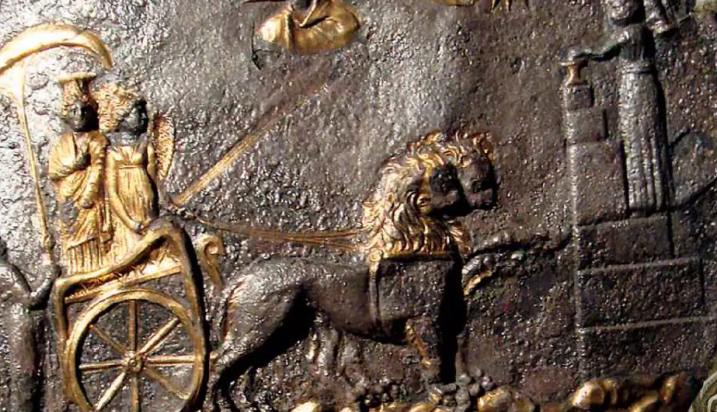Cleopatra. Her name conjures images of a seductive beauty who charmed powerful Roman leaders. But was she just a pretty face, or was there more to the last pharaoh of Egypt? The truth is that Cleopatra VII was a highly intelligent, skilled scholar, and a shrewd politician who navigated a world of treachery and war. It’s time to look past the myths and meet the real woman.
📚 More Than a Monarch
While Roman propaganda focused on her beauty, evidence suggests Cleopatra’s greatest asset was her intellect. She was the first ruler of her dynasty, the Ptolemies, to learn the Egyptian language, in addition to her native Greek and seven other languages. This skill allowed her to connect with her subjects in a way none of her predecessors could. At a time when the capital, Alexandria, was a thriving cultural center, she stood out as a formidable scholar and leader.
🏛️ A Game of Alliances
Cleopatra took the throne at a time of immense political turmoil. She knew that to survive, she needed the support of Rome. She famously formed relationships with two of Rome’s most powerful men: Julius Caesar and, later, Mark Antony, having children with both. These were not merely romantic affairs; they were calculated political alliances. Through them, she consolidated her power, built wealth and resources for Egypt, and skillfully played the game of international politics to protect her kingdom from being swallowed by the expanding Roman Republic.
🐍 A Legendary End
Her story ends in tragedy. After her and Antony’s defeat at the Battle of Actium by Octavian (the future Emperor Augustus), Cleopatra’s reign was over. The famous story claims she chose to die by the bite of a poisonous snake rather than face humiliation as a Roman captive. While we may never know if this is true, her legacy is certain. She was much more than the lascivious beauty depicted by her enemies; she was a brilliant and powerful ruler who fought to the very end for her kingdom.
Bibliography:
BBC History Specials: Ancient World, 2025. Immediate Media Company London Limited, 2024.
- Curses: The History of the Evil Eye and Binding Magic
- Magical Plants: A Witch’s Garden of Herbs and Poisons
- Roman Magic: Curses, the Strix, and Everyday Protection
- Circe: The Greek Sorceress of Transformation and Myth
- Greek Magic: Hecate’s Power, Oracles, and Enchantresses
- Japanese Magic: Yōkai, Onmyōdō, and Supernatural Folklore
- Empress Chen Jiao: The Royal Scandal of Witchcraft in Han China
